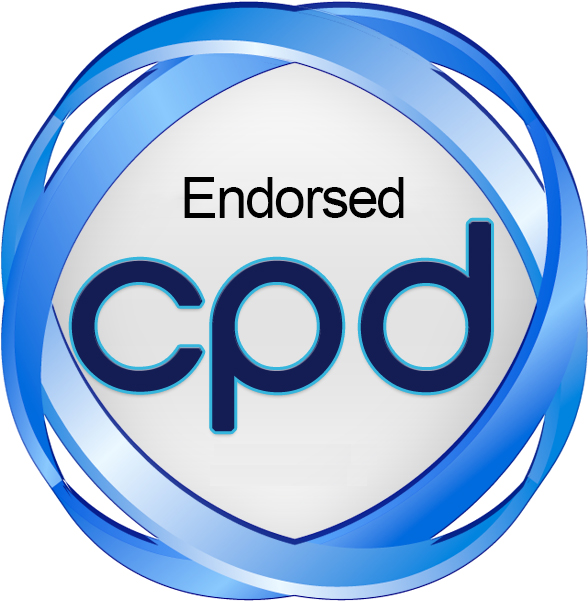Home » Course Layouts » Free Course Layout Udemy
Employers have long identified team work as one of the key competencies that they want from employees and team building exercises are nothing new.
0
60
English
English [CC]
- Learn basic syntax that can apply to any language.
- Learn what is a programming language and the basic concepts for beginners.
- Understand what is Javascript in it's truest form.
- Know the basic syntax of Javascript.
- Know some hidden quirks in Javascript.
Description
Why then are employers still citing this as one of the skills most job applicants lack? Being able to understand and articulate your experience of working in teams is crucial in terms of job seeking and job progression. We all know this, yet many of us are guilty of being able to say little more than ‘I work well as part of a team or can motivate to work alone’ when applying for jobs. Does this sound like you?
This course will help you consider your experience of working in teams and the different roles you play in them. It will increase your confidence in marketing this key skill to employers as well improve your ability to perform well in teams you are currently part of.
The world we live and work in continues to change at a great rate and this impacts on the teams we work in today. In this course you will consider why diversity has increased and consider both the benefits and difficulties of working in teams of an increasingly diverse character and teams that operate at a distance.
Enrolling on this course will give you the opportunity to earn an Open University digital badge. Badges are not accredited by The Open University but they are a great way to demonstrate your interest in the subject and commitment to your career, and to provide evidence of continuing professional development.
Once you are signed in, you can manage your digital badges online from My OpenLearn. In addition, you can download and print your OpenLearn Statement of Participation - which also displays your Open University badge.
The Open University would really appreciate a few minutes of your time to tell us about yourself and your expectations for the course before you begin, in our optional start-of-course survey . Once you complete the course we would also value your feedback and suggestions for future improvement, in our optional end-of-course survey . Participation will be completely confidential and we will not pass on your details to others.

This course is endorsed by the CPD Standards Office . It can be used to provide evidence of continuing professional development but is not accredited learning. We are unable to provide formal learner verification services for participation in our open online courses, which are provided freely by The Open University as self-directed CPD.
Anyone wishing to provide evidence of their enrolment on this course is able to do so by sharing their Activity Record on their OpenLearn Profile, which is available before completion of the course and earning of the Statement of Participation.
Earn this free Open University digital badge if you complete this course! The badge can be displayed, shared and downloaded as a marker of your achievement. The badge is awarded for completing the course and passing the quizzes.
Course learning outcomes
After studying this course, you should be able to:
- Understand why employers value working in teams as a key employability skill
- Identify different team roles and articulate experiences of working in teams to employers with more confidence
- Identify different stages of team development and understand why this helps team performance
- Understand the benefits of increased team diversity and some of the issues this brings to team performance
- Consider how a virtual team differs from other teams and the challenges of working in virtual teams.
Course content
-
- Introduction and guidance 00:15:00
- What is a badged course? 00:10:00
- How to get a badge 00:10:00
-
- Introduction 00:15:00
- Why are we still talking about teamwork? 00:10:00
- A key employability skill 00:10:00
- What is a ‘soft skill’? 00:10:00
- Group or team? 00:03:00
- Are all groups teams? 00:15:00
- Team or working group? 00:10:00
- Ways to increase your team experience 00:15:00
- Ways to get team experience 00:05:00
- Summary 00:10:00
- Functional team roles 00:05:00
- Key functional roles 00:15:00
- Introduction 00:05:00
- Introduction 00:07:00
- How effective is your team? 00:15:00
- Dealing with conflict 00:10:00
- Useful tips for dealing with conflict 00:10:00
- Introduction 00:07:00
- Understanding ‘diversity’ 00:10:00
- The changing workplace 00:15:00
- Factors leading to increased workplace diversity 00:10:00
- Why we want more diversity 00:10:00
- Categories of diversity 00:15:00
- What organisations are doing to increase diversity? 00:05:00
- Summary 00:10:00
- Hofstede’s dimensions of culture 00:10:00
- Power distance index 00:05:00
- Individualism versus collectivism 00:05:00
- Masculinity versus femininity 00:05:00
- Uncertainty avoidance index 00:05:00
- Your cultural dimension score 00:10:00
- Tips for improving communication between different cultural norms 00:10:00
- Summary 00:10:00
- Key challenges of working in virtual teams 00:05:00
- The effects of distance on communication 00:10:00
- Developing trust in virtual teams 00:10:00
- The importance of clear communication 00:10:00
- Introduction 00:07:00
- Assessing for teamwork skills 00:15:00
- Competency-based interview questions 00:10:00
- Group exercises at assessment centres 00:25:00
- Further examples of assessment centre activities 00:15:00
- Summary 00:15:00
- Where next? 00:10:00
N.A
- 5 stars0
- 4 stars0
- 3 stars0
- 2 stars0
- 1 stars0
No Reviews found for this course.










